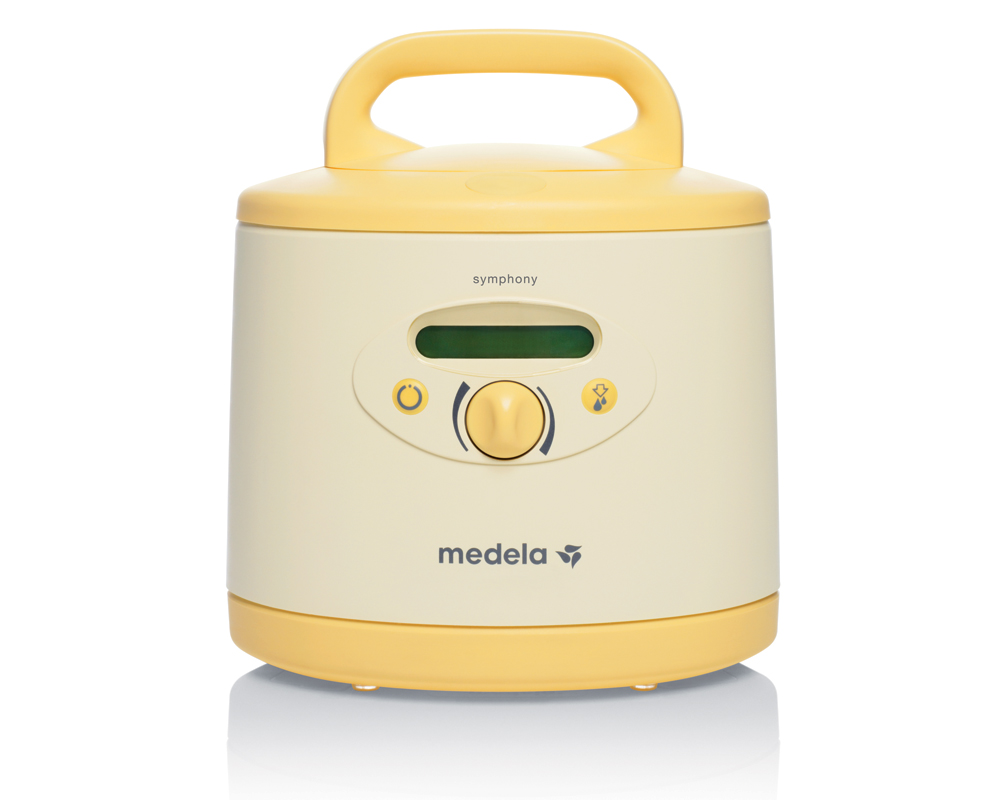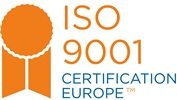What should you know about nutrition during pregnancy, prenatal vitamins and diets for pregnant women? There is no magic formula for a healthy pregnancy diet. In fact, the basic principles of healthy eating remain the same – you should get plenty of fluids, fruits, vegetables, whole grains, lean protein and healthy fats. However, a few nutrients deserve special attention.
Foods to enjoy and to avoid during pregnancy:
- Drink regularly, up to 2 – 2.5 litres a day.
- Eat a wide variety of foods. Try to eat less fat, but more carbohydrates and protein. Increase your intake of minerals such as folic acid, iron, calcium and magnesium. Replace white flour products and sugar with quality carbohydrates from potatoes, wholewheat pasta and wholemeal bread.
- Do not start dieting. Pregnancy is definitely not the time to lose weight. Eat consciously and do not go for long periods with little or no food.
- A strictly vegetarian diet can lead to a lack of protein, vitamin B12, calcium, iron and zinc.
- Cravings make you unhappy. So every now and then, give in to temptation and have those chips or that bar of chocolate, but always in moderation.
During pregnancy avoid:
- Raw or undercooked meats such as minced beef, steak tartare, salami and raw ham, due to the risk of toxoplasmosis.
- Foods containing raw eggs such as mayonnaise, tiramisu and zabaglione, as they pose a risk of salmonella.
- Unpasteurised milk and raw milk products such as soft and raw milk cheeses, due to the risk of listeria.
- Raw fish such as sushi, smoked salmon and other types of smoked fish.
- Offal such as liver and kidneys, which could be contaminated.
- Smoked foods such as serrano ham, smoked salmon and eel.
- Pre-packaged salads and delicatessen products, because they might contain bacteria.
- Alcohol, which may harm your baby physically and mentally.
- Drinks containing caffeine and tannin such as coffee and black or green tea do not pose a risk up to two or three normal-sized cups a day. Do not drink cola, energy drinks or quinine drinks such as bitter lemon and tonic water.
Prenatal supplements and vitamins:
Although the need for certain nutrients increases during pregnancy, many supplements may not be needed if you eat a balanced diet. They are often overdosed or contain substances such as iron, which you should only take on doctor’s orders. Pay attention to iron, omega-3 fatty acids and especially folic acid and iodine, which cannot be obtained in sufficiently high quantities from a normal diet:
- Folic acid: Folate is a B vitamin that helps prevent neural tube defects, which are serious abnormalities of the brain and spinal cord. The synthetic form of folate found in supplements and fortified foods is known as folic acid. While you are pregnant, your daily requirement increases to 600 micrograms. Even when trying to conceive, it is recommended that you take 400 micrograms daily four weeks before a possible pregnancy. Fortified cereals are a great source of folic acid. Leafy green vegetables, citrus fruits and dried beans and peas are good sources of naturally occurring folate.
- Iodine: Iodine plays an important role in regulating your thyroid gland and metabolism – the rate at which your body uses energy. It also helps your baby’s brain and nervous system develop. A deficiency in iodine increases the risk of miscarriage and abnormalities. During pregnancy, the requirement increases by 20 per cent and a dose of 100 to 150 micrograms daily is recommended. Iodine is found in dairy products, eggs, vegetables, seafood (especially ocean or saltwater seafood) and brewer’s yeast.
- Iron: Although pregnant women often have an increased need for iron, you should only take special supplements prescribed by a health professional.
- Omega–3 fatty acids: To cover your requirement for omega-3 fatty acids, an intake of 200mg per day is recommended. If you do not like fish, special supplements prescribed by a health professional are a good option. It may be more effective, however, to eat oily fish twice a week, which supplies you optimally with omega-3 fatty acids. But remember: do not eat raw fish.
If you want to know whether a dietary supplement is useful for you, ask your doctor or health professional. Dietary supplements are especially important if you eat in canteens, need to follow a special diet or suffer from indigestion. But keep this in mind: even though chemists are full of supplements, you should never self-medicate. Never take drugs of unknown origin such as from the internet.



